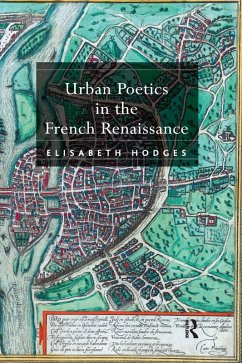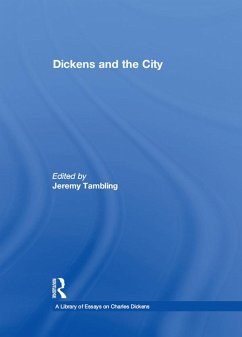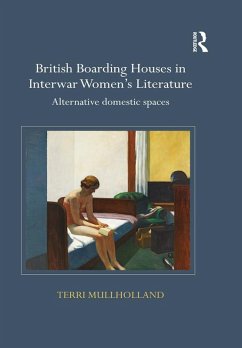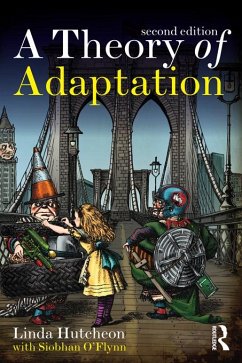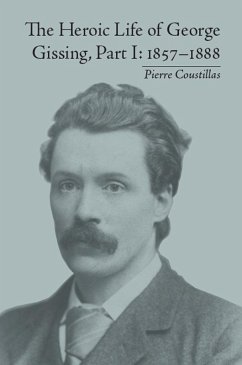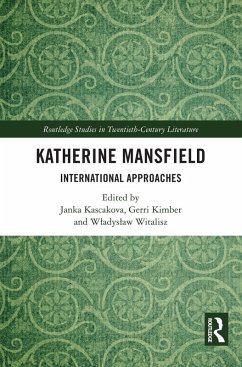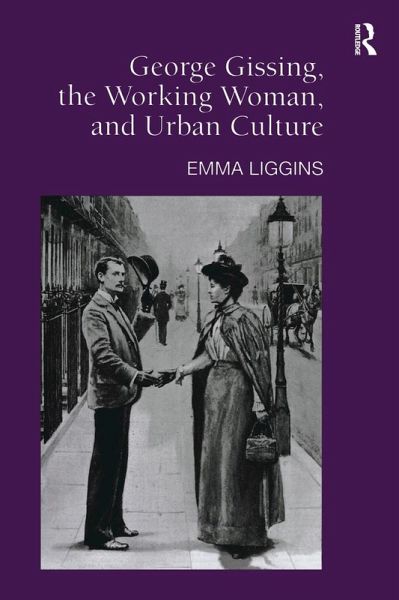
George Gissing, the Working Woman, and Urban Culture (eBook, PDF)
Versandkostenfrei!
Sofort per Download lieferbar
42,95 €
inkl. MwSt.
Weitere Ausgaben:

PAYBACK Punkte
21 °P sammeln!
George Gissing's work reflects his observations of fin-de-siècle London life. Influenced by the French naturalist school, his realist representations of urban culture testify to the significance of the city for the development of new class and gender identities, particularly for women. Liggins's study, which considers standard texts such as The Odd Women, New Grub Street, and The Nether World as well as lesser known short works, examines Gissing's fiction in relation to the formation of these new identities, focusing specifically on debates about the working woman. From the 1880s onward, a ne...
George Gissing's work reflects his observations of fin-de-siècle London life. Influenced by the French naturalist school, his realist representations of urban culture testify to the significance of the city for the development of new class and gender identities, particularly for women. Liggins's study, which considers standard texts such as The Odd Women, New Grub Street, and The Nether World as well as lesser known short works, examines Gissing's fiction in relation to the formation of these new identities, focusing specifically on debates about the working woman. From the 1880s onward, a new genre of urban fiction increasingly focused on work as a key aspect of the modern woman's identity, elements of which were developed in the New Woman fiction of the 1890s. Showing his fascination with the working woman and her narrative potential, Gissing portrays women from a wide variety of occupations, ranging from factory girls, actresses, prostitutes, and shop girls to writers, teachers, clerks, and musicians. Liggins argues that by placing the working woman at the center of his narratives, rather than at the margins, Gissing made an important contribution to the development of urban fiction, which increasingly reflected current debates about women's presence in the city.
Dieser Download kann aus rechtlichen Gründen nur mit Rechnungsadresse in A, B, BG, CY, CZ, D, DK, EW, E, FIN, F, GR, HR, H, IRL, I, LT, L, LR, M, NL, PL, P, R, S, SLO, SK ausgeliefert werden.







